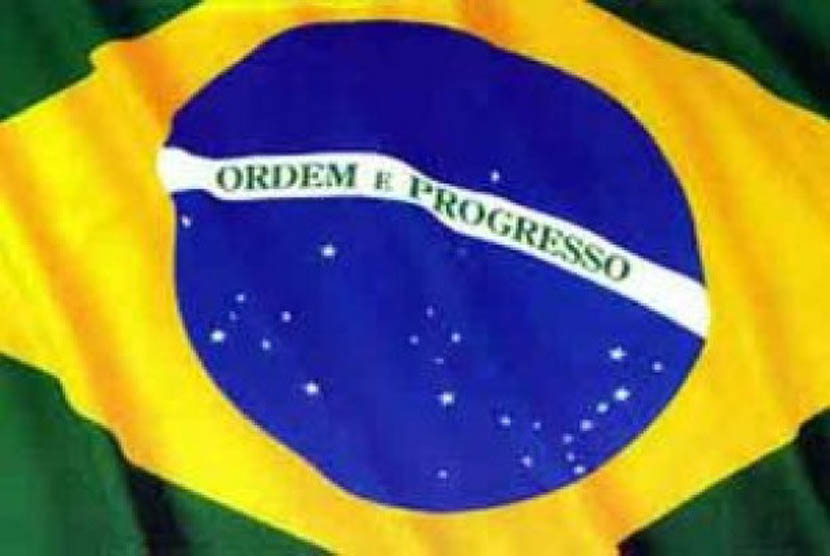REPUBLIKA.CO.ID, JAKARTA -- The Indonesian government has urged its Brazilian counterpart to simplify anti-dumping and anti-subsidy investigation procedures that are being implemented as trade remedies, according to a press statement received here on Thursday.
The request was put forth by the Indonesian delegation during the 7th Trade Policy Review of the World Trade Organization (WTO) on Brazil's trade policy on July 17, 2017, in Geneva.
"There is an increase in using these trading instruments on imported products from Indonesia," Ambassador Sondang Anggraini pointed out.
During the meeting, Deputy of the Indonesian Permanent Representative for the WTO Ambassador Anggraini said that based on data from the WTO, during the period between January 2013 and December 2016, there was an increase in imports from partner countries affected by Brazil's trade remedies policy: 0.76 percent from total imports in 2013, 0.79 percent in 2014, 0.93 percent in 2015, and 1.06 percent in 2016.
"Data in the last four years showed an increase in the use of anti-dumping policies by the Brazilian government," Ambassador Anggraini noted.
Referring to the WTO report on Brazil's trade policy, Ambassador Anggraini also remarked that the Brazilian government's framework related to the trade remedies policy had not changed since the last review in January 2013.
He also stressed that the policy on the use of trade instruments by a country should be lifted if verification proves that it violates the WTO rules.
Hence, Anggraini said Indonesia has encouraged Brazil to increase transparency and simplification of investigative procedures related to trade remedies and expressed hope that the governments of both countries would solve the problems in the near future.
In addition to addressing the issue of trade remedies, Indonesia expressed concern over Brazil's domestic assistance policy to Brazilian companies, particularly in the form of tax and non-tax incentives.
The Indonesian government has also condemned the various forms of taxation system, investment, and sectoral policies that hamper agricultural products from developing countries, including Indonesia, to compete with subsidized products.
Brazil is Indonesia's largest trading partner in South America and the Caribbean, while for Brazil, Indonesia is the second-largest trading partner in Southeast Asia.
The trade remedies policy adopted by the Brazilian government has caused a decline in bilateral trade between Indonesia and Brazil, from US$4.05 billion in 2014 to $3.5 billion in 2016.


